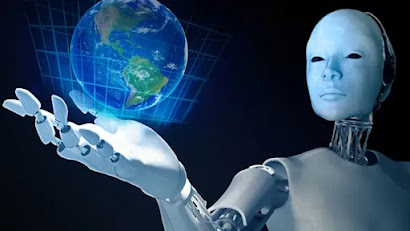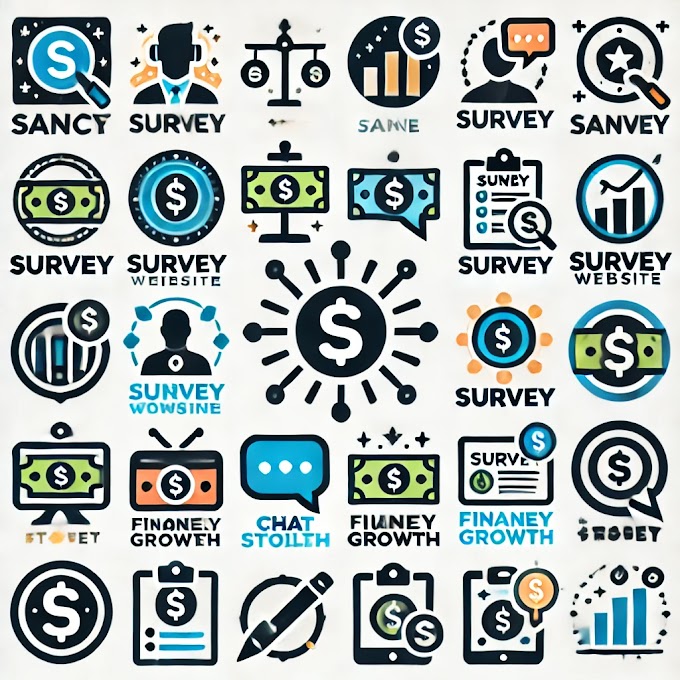Artificial Intelligence (AI) is revolutionizing the way we live, work, and interact. It is no longer a distant concept of science fiction but an integral part of modern life, influencing industries, governance, and personal experiences. As AI continues to evolve, it is reshaping the future of humanity in profound and unprecedented ways.
One of AI's most significant impacts lies in its ability to enhance efficiency and productivity. AI systems excel in processing large datasets, automating repetitive tasks, and offering data-driven insights. In industries like healthcare, AI is transforming diagnostics and treatment. Machine learning algorithms can detect diseases in medical imaging with remarkable accuracy, enabling early interventions that save lives. AI also accelerates drug discovery by analyzing complex biochemical interactions far more quickly than traditional methods.
In education, AI is personalizing learning experiences, adapting to the unique needs of students, and making quality education accessible globally. Virtual tutors, adaptive learning platforms, and AI-driven assessments are redefining how knowledge is imparted and acquired. This democratization of education has the potential to bridge the gap for underprivileged communities and foster global talent.
However, AI's influence extends beyond benefits. It raises ethical concerns that require immediate attention. One of the most pressing issues is bias. Since AI systems learn from historical data, they can perpetuate and even amplify existing inequalities. For instance, biased hiring algorithms may discriminate against certain demographic groups, reinforcing societal prejudices. Similarly, the use of AI in surveillance and facial recognition poses significant privacy challenges, as governments and corporations may exploit these technologies for mass monitoring.
AI's role in employment is another double-edged sword. Automation is replacing jobs in industries such as transportation, manufacturing, and customer service. While this boosts efficiency, it risks displacing millions of workers, creating economic inequalities. On the flip side, AI is also creating new roles in data science, AI development, and robotics, emphasizing the need for reskilling and upskilling.
Collaboration between humans and AI will be a defining feature of the future. By combining human creativity and empathy with AI's computational power, we can solve complex problems and innovate in ways previously unimaginable. For example, human-AI partnerships are already advancing fields like climate change, where AI models predict environmental patterns, optimize energy usage, and enhance agricultural yields.
Yet, the unchecked development of AI poses existential risks. If AI surpasses human intelligence, it could operate beyond human control. Aligning AI with human values becomes critical to ensure its benefits do not come at the cost of humanity’s well-being. Additionally, the weaponization of AI, such as autonomous drones and cyberwarfare tools, raises concerns about its misuse.
In conclusion, AI holds immense promise for improving human life, from enhancing healthcare and education to addressing global challenges like climate change. However, it also presents significant ethical, social, and existential challenges that demand thoughtful governance and ethical development. By fostering a balanced approach, humanity can harness AI’s potential to create a future that is innovative, equitable, and sustainable.



0 Comments